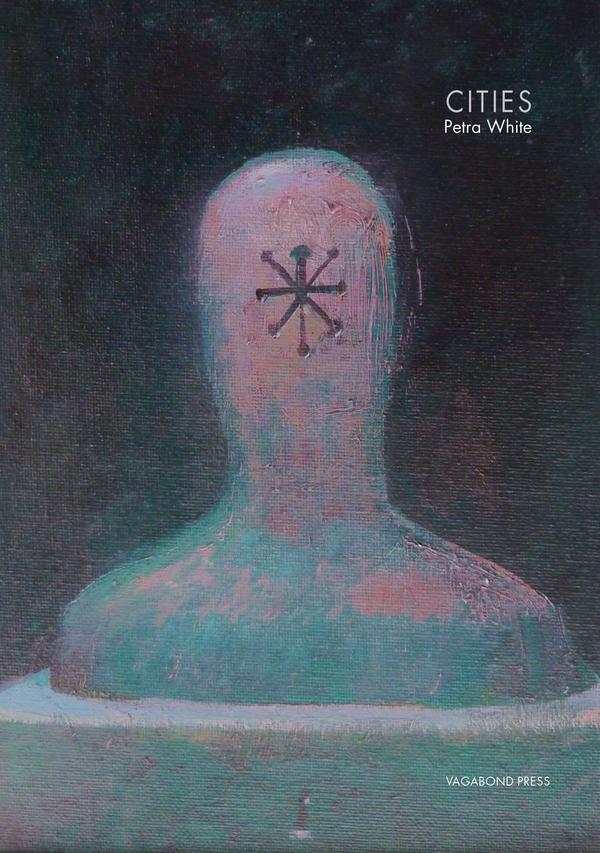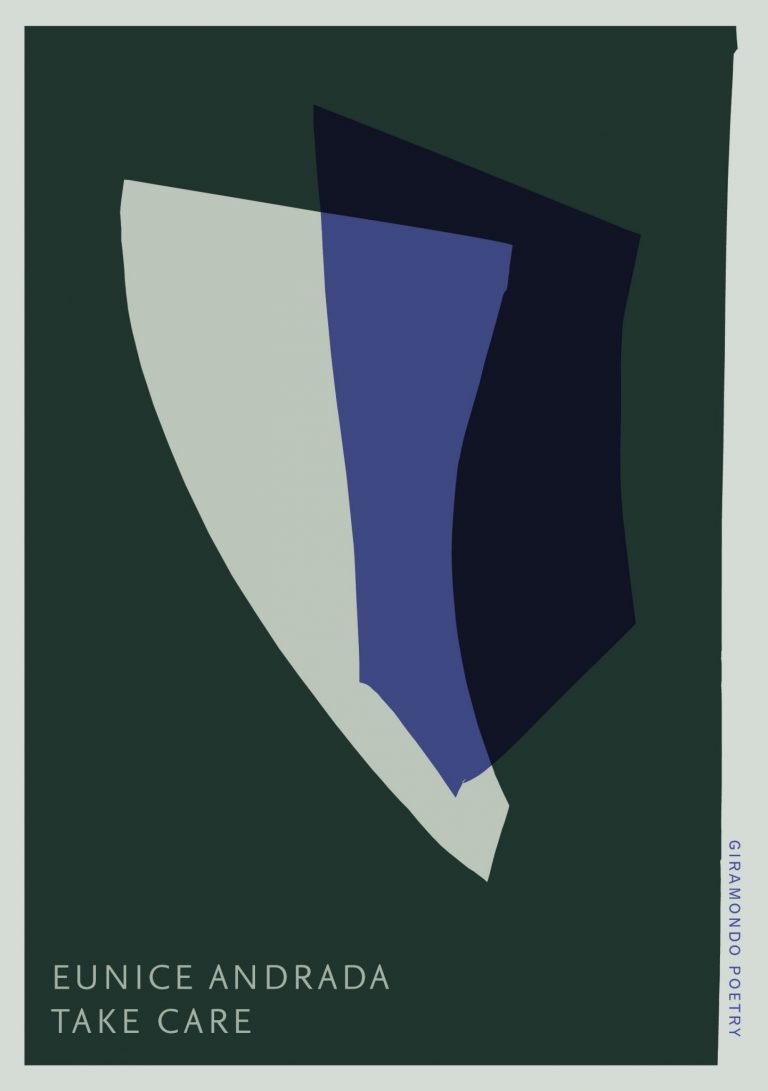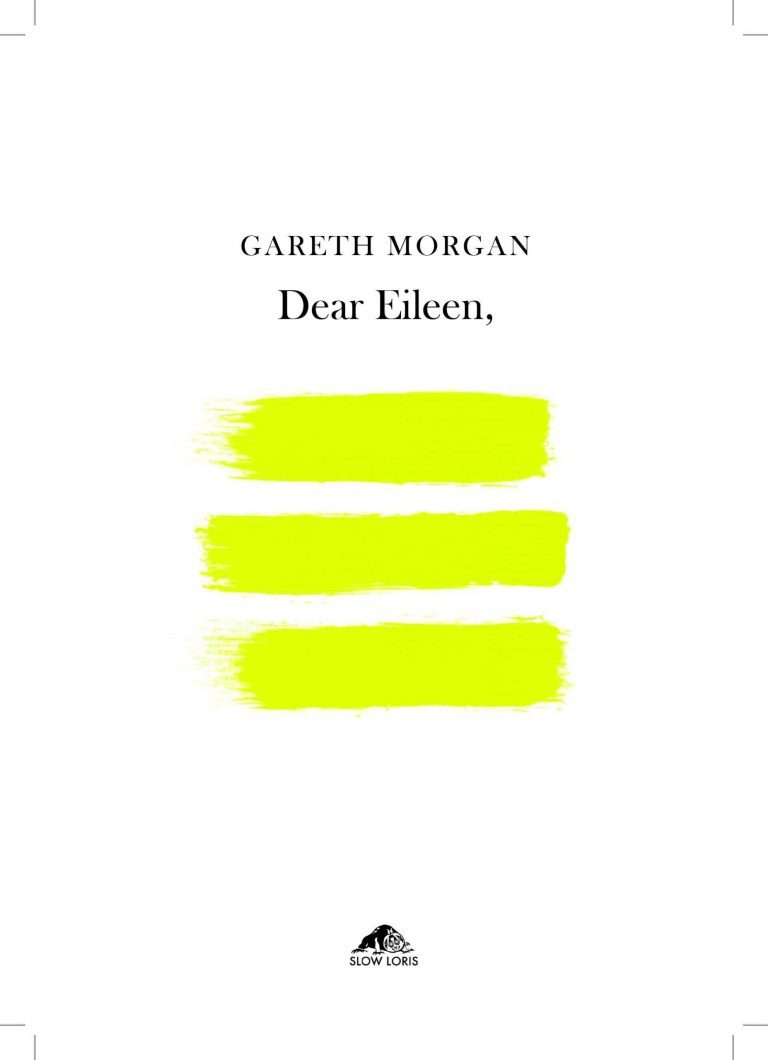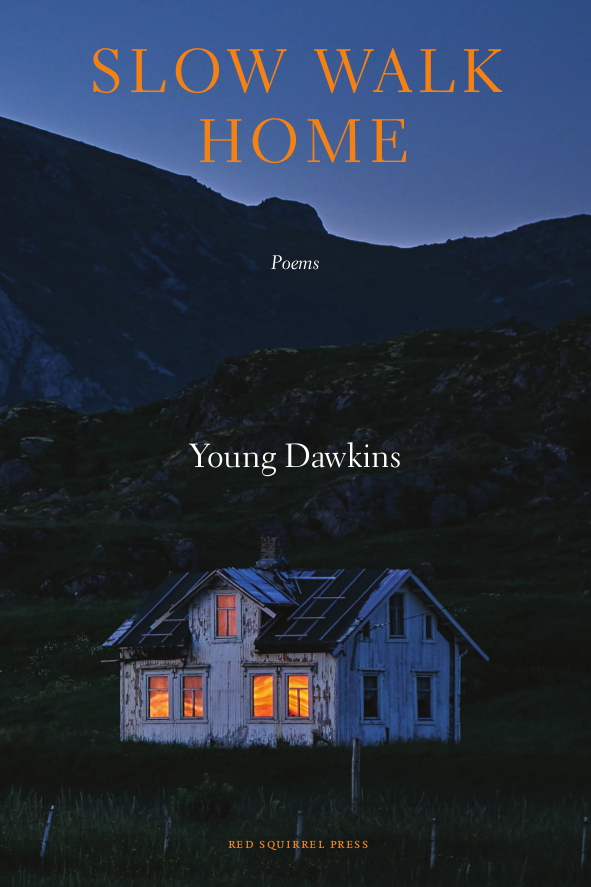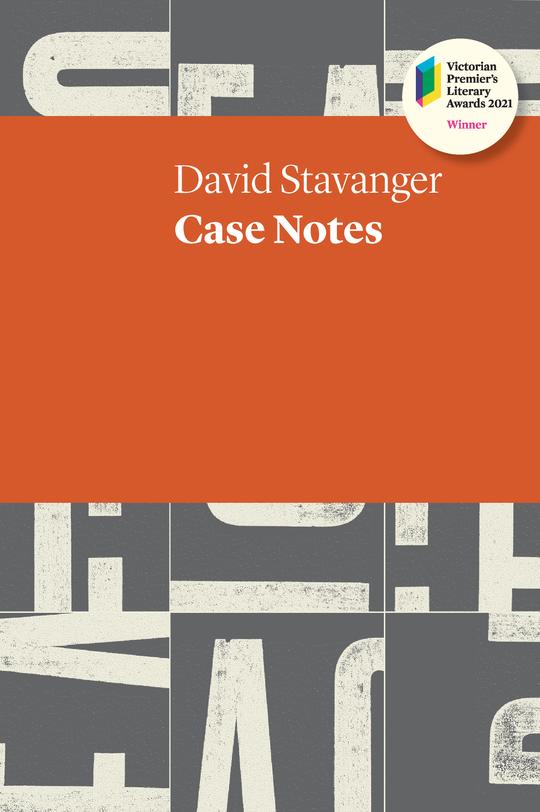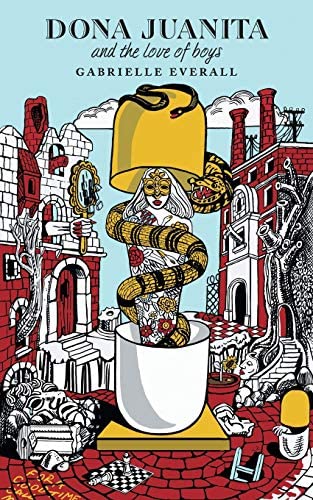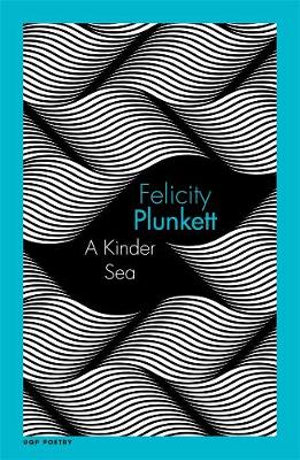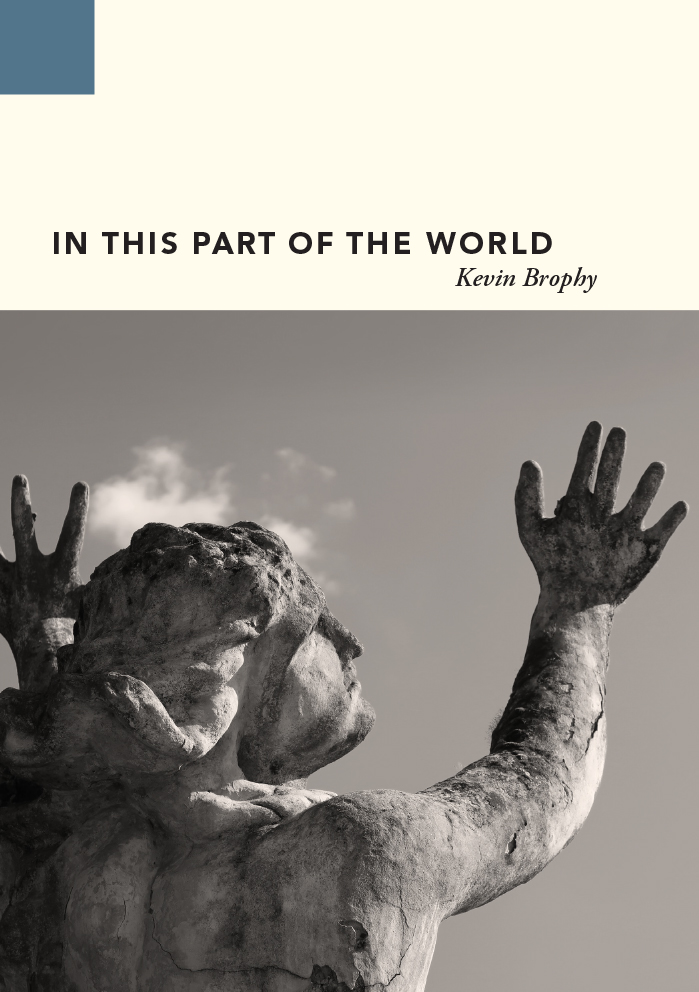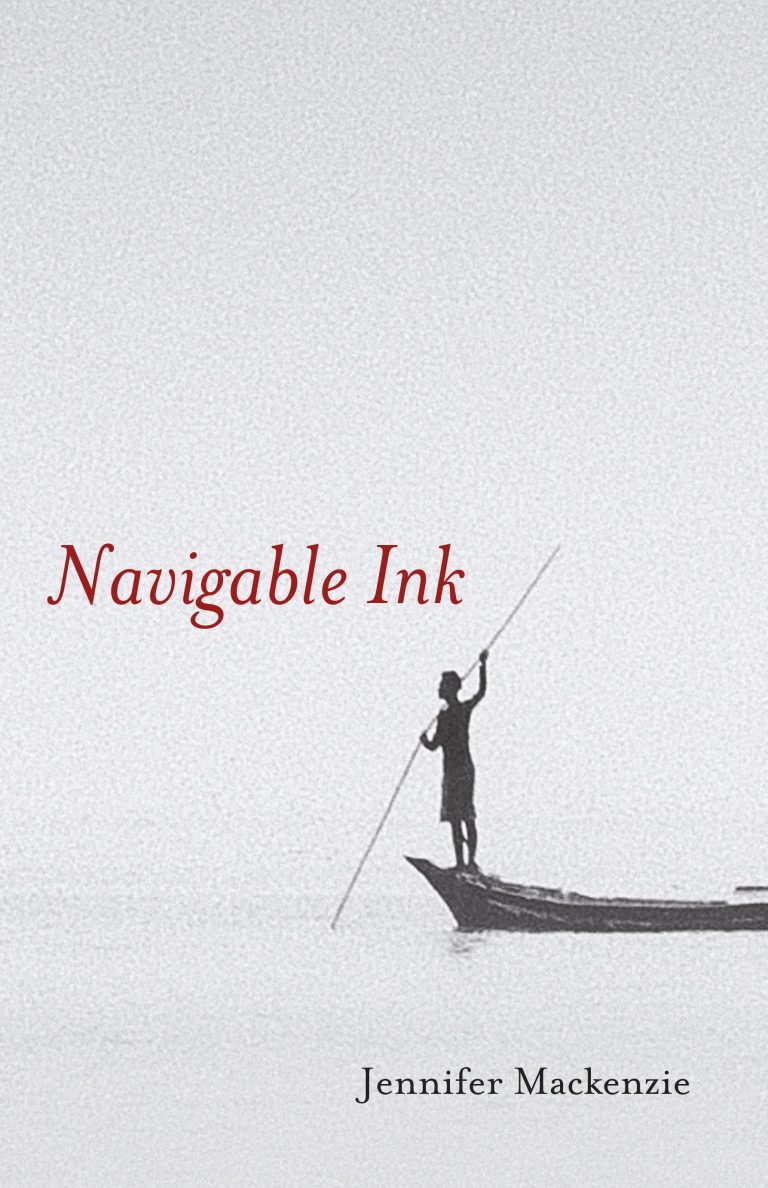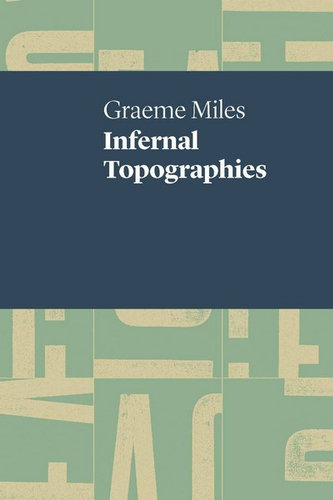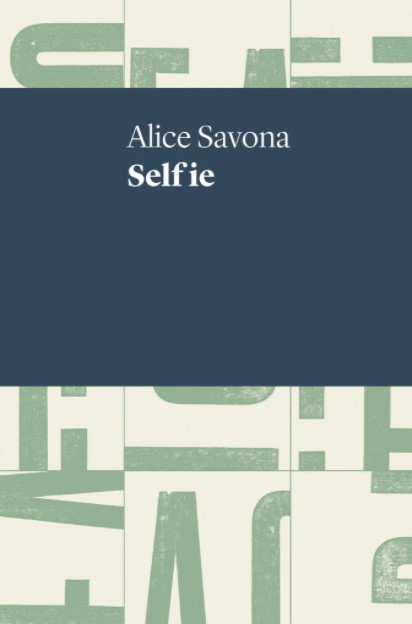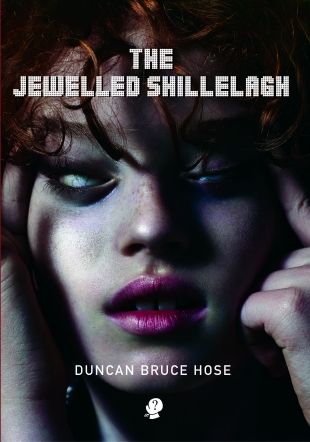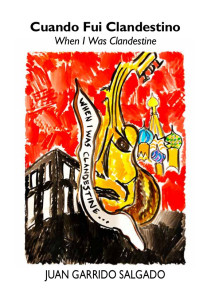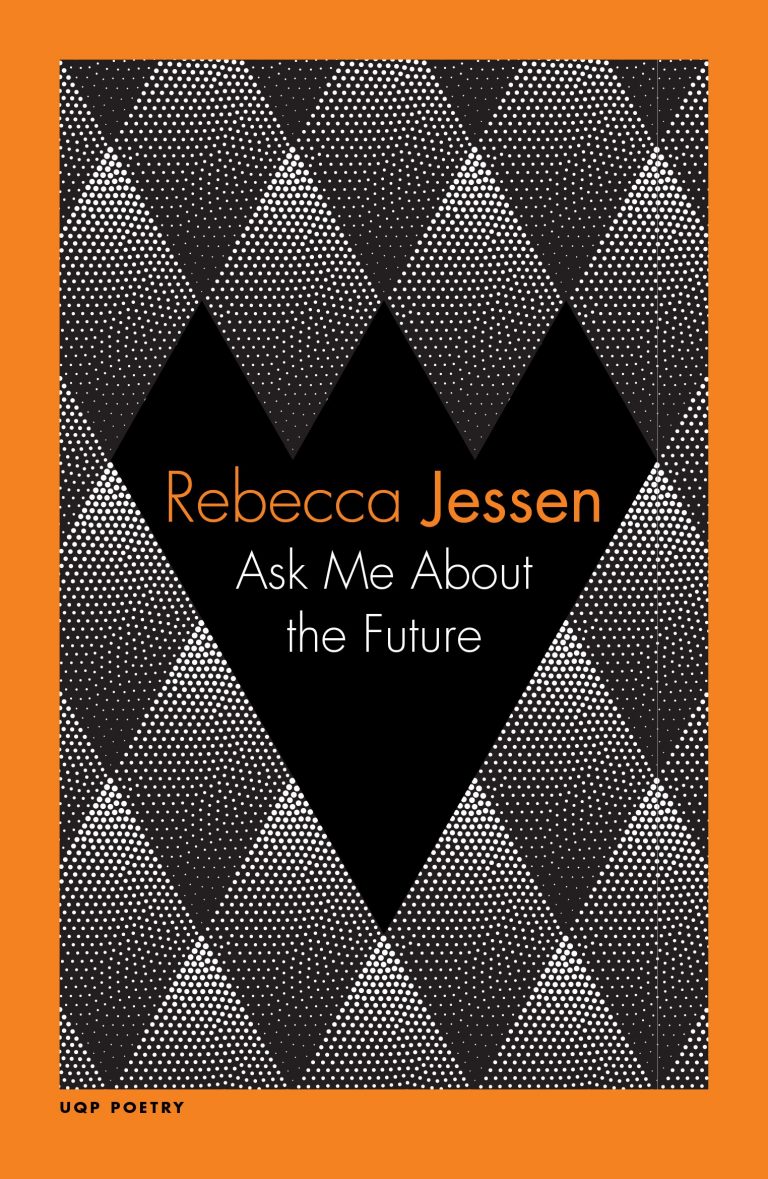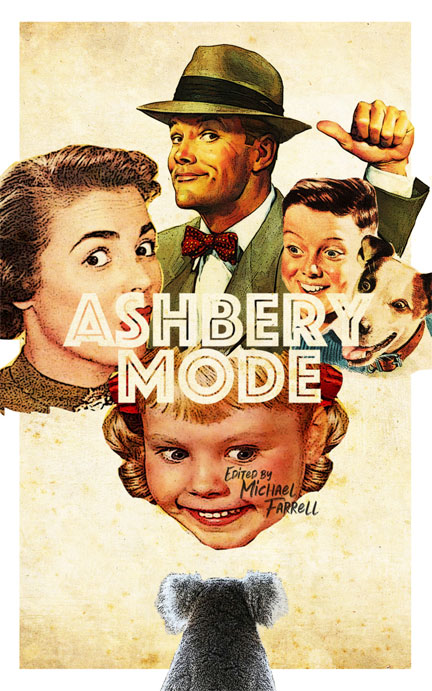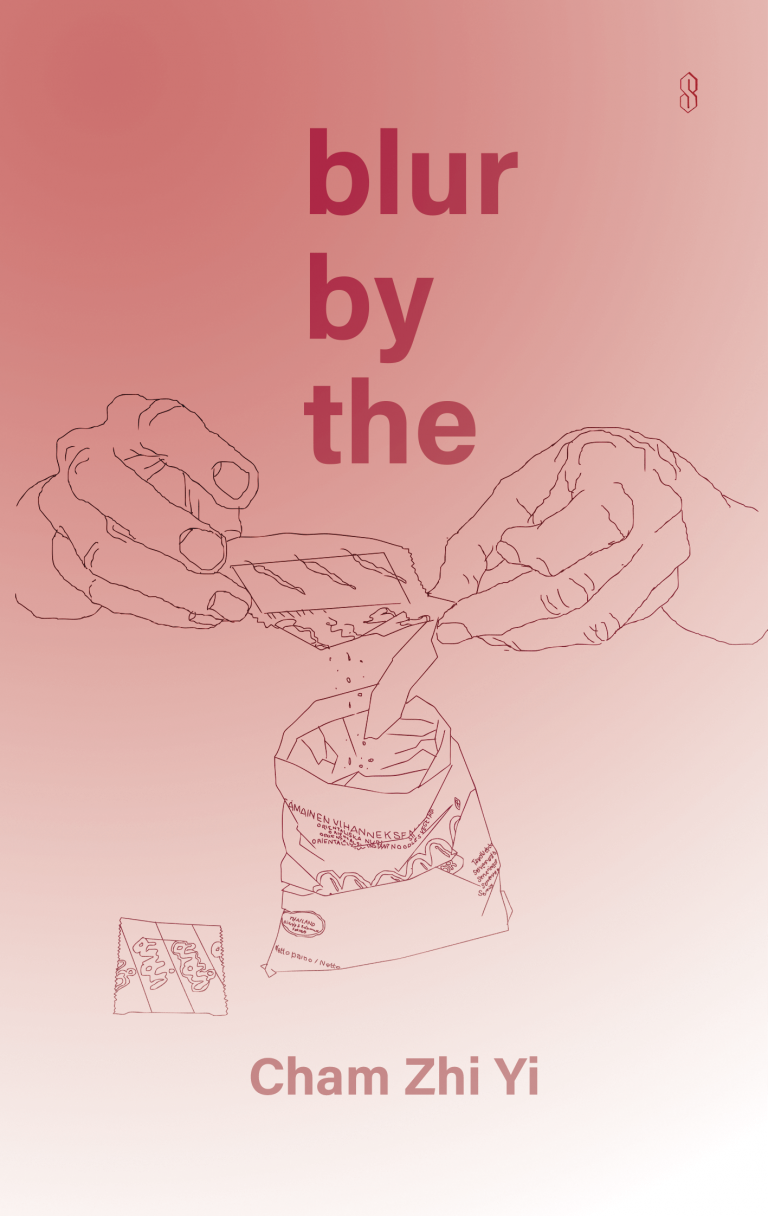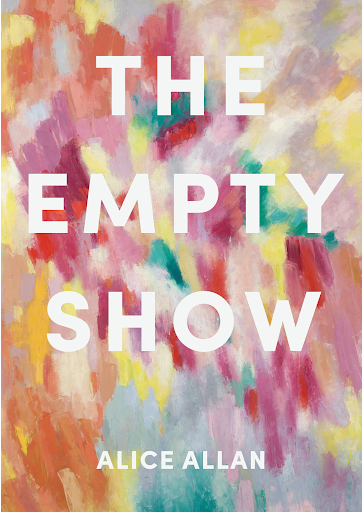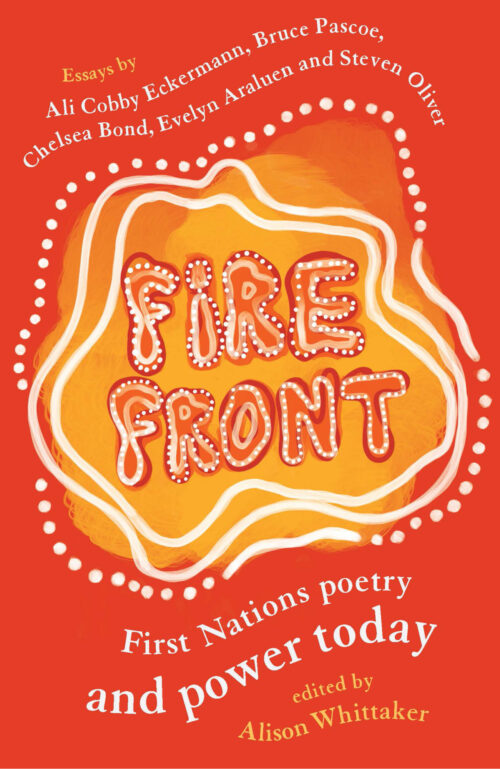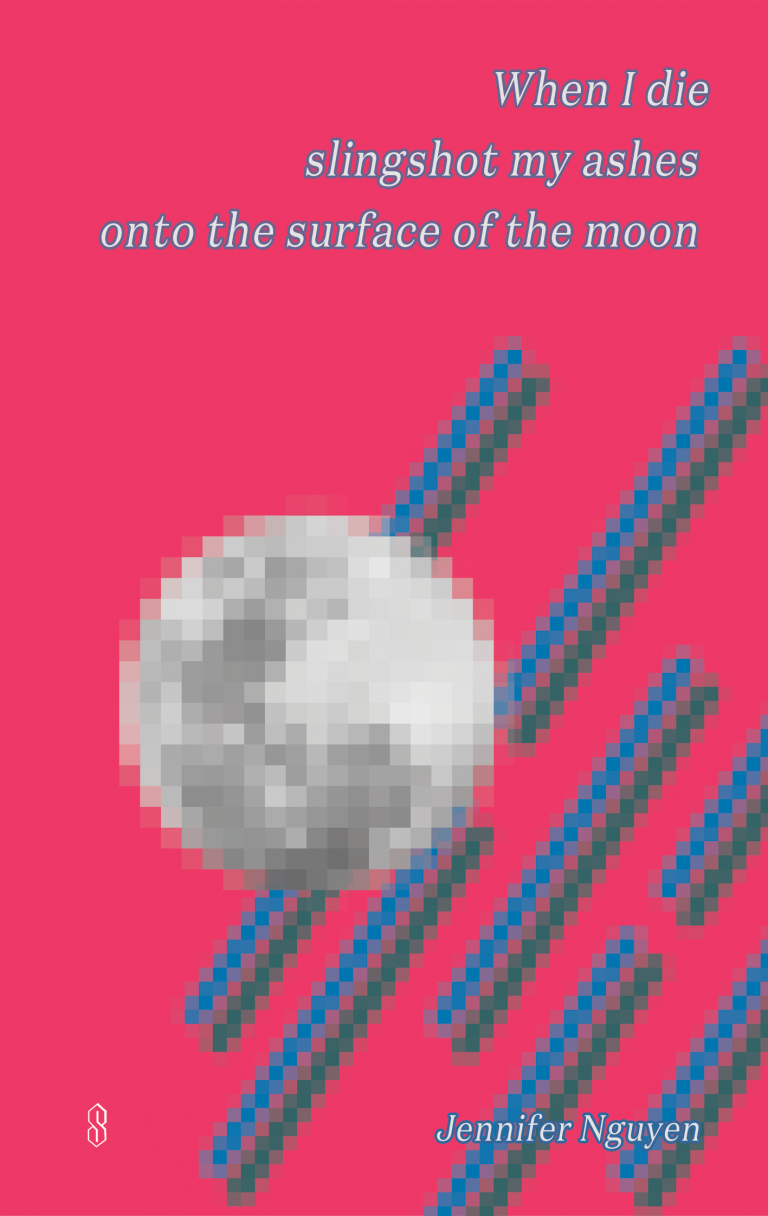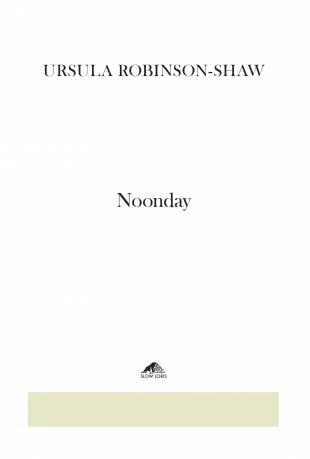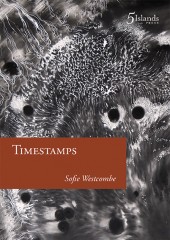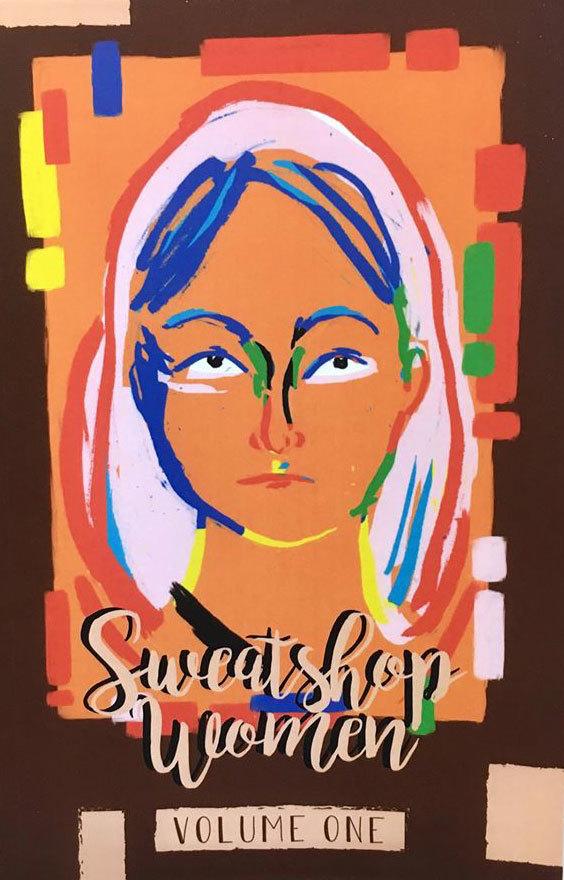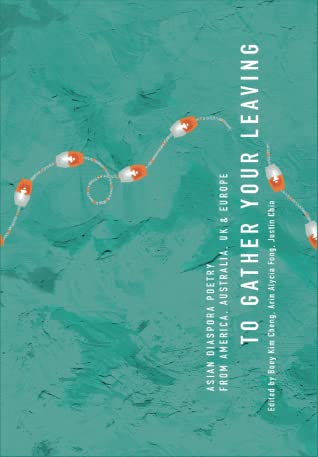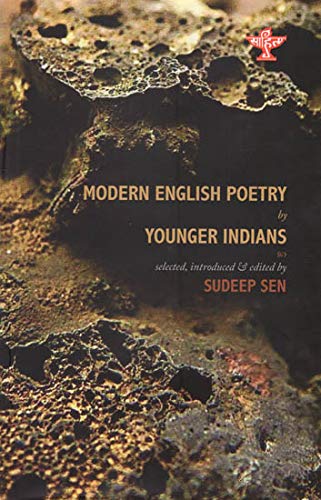BOOK REVIEWS
Gareth Morgan Reviews Cities by Petra White
Petra White’s poetry has been highly and widely praised, celebrated for its seriousness, its engagement with poets like Petrarch, Dante, Coleridge and Donne, its ability to ‘recall’ these famous European names and their famous poems. She is presented as a serious poet, and has managed to get her ‘kind of Collected-poems-so-far’ onto the VCE Literature text list.
Angelita Biscotti Reviews TAKE CARE by Eunice Andrada
‘The actor is a heart athlete,’ Antonin Artaud wrote in 1958. He was writing about theatre, but I wonder if the same could be said of the poet. ‘To arrive at the emotions through their powers instead of regarding them as pure extraction, confers a mastery on an actor equal to a true healer’s. A crude empiricist, a practitioner guided by vague instinct. To use emotions the same way a boxer uses muscles. To know there is a physical outlet for the soul. (93 – 95).
Rachel Schenberg Reviews Gareth Morgan and Harry Reid
Gareth Morgan’s Dear Eileen, is a focused yet restless collection of epistolary-poems addressed to the American poet, Eileen Myles. Published in 2020 in Puncher & Wattmann’s poetry chapbook series, Slow Loris, it is the Naarm-based poet’s first title.
Zowie Douglas-Kinghorn Reviews Slow Walk Home by Young Dawkins
There is a humour to Slow Walk Home that interrupts solemn atmospheres with a wry warmth, comedy and tragedy unfurling like contrasting petals of the same bloom. The second collection of verse by Young Dawkins, an American-born poet who has lived in Scotland and now resides in Tasmania, Slow Walk Home also pays homage to Beat poets of his generation, evident in poems such as ‘The Real Lion—Ginsberg’ and ‘Kerouac, Raton Canyon’.
Dženana Vucic Reviews Case Notes by David Stavanger
Experience of mental illness presents a paradox that feels impossible for representation in language: it is at once both too personal and yet too universal for easy translation. Everyone has a measure for how it can be done; from Sylvia Plath to My Chemical Romance to Robin Williams, if we have not experienced mental illness ourselves, we have seen a multitude of others grapple with it and have become (we think) discerning arbiters of the real.
Gareth Morgan Reviews Gabrielle Everall’s Dona Juanita and the Love of Boys
In the ‘Reflection from the author’ at the beginning of Dona Juanita and the Love of Boys (Buon Cativi Press, 2020), Gabrielle Everall states: ‘The main struggle of the novella is about the protagonist’s love of boys. Some of the poems are written about two guys I had crushes on’, as well as, ‘there is lesbian erotica … as my best sexual experience was with a woman.’
Alexis Late Reviews Felicity Plunkett’s A Kinder Sea
The writer Phillip Hoare, celebrated author of The Whale and self-confessed sea obsessive, once wrote: ‘Our bodies are as unknown to us as the ocean, both familiar and strange; the sea inside ourselves.’
Claire Albrecht Reviews Jennifer Mackenzie’s Navigable Ink
The blurb of Jennifer Mackenzie’s 2020 collection Navigable Ink (Transit Lounge) begins by introducing Indonesian writer and activist Pramoedya Ananta Toer, who died in 2006.
Kiran Bhat Reviews Graeme Miles’s Infernal Topographies
In Infernal Topographies, Graeme Miles traverses mythology, landscape and notions of selfhood to reveal moments of approachability and tenderness that are rare in Australian poetry.
Ivy Ireland Reviews Alice Savona’s Self ie
Reading Alice Savona’s Self ie feels a bit like taking a vacation inside a palindrome. It’s a wonderful escape, albeit sometimes fraught with all the rocking movement, backwards and forwards, until you aren’t sure what the runes and symbols that make up the words even mean anymore.
James Jiang Reviews Duncan Hose’s The Jewelled Shillelagh
‘HELLO FAERE CUNTIES!’ we are hailed in the opening lines of this rough-and-tumble volume, which swings between the campy and the choleric, the vatic and the venereal.
Tim Wright Reviews Sarah St Vincent Welch and Juan Garrido Salgado
The achievements of the poets who started publishing in the early 1980s in Australia have tended to be overshadowed by those of the generation immediately prior to them.
Caitlin Wilson Reviews Rebecca Jessen’s Ask Me About the Future
Is the future something to fear, or is it our saviour from the present? We have no idea what’s coming; we hope it’s something better, but suspect it’s only getting worse.
Joel Ephraims Reviews Ashbery Mode Edited by Michael Farrell
The presence of John Ashbery shines over contemporary literature, for many as an enigma, indisputably as a catalyst. Part of the post-World War II wave of new American poetry, his name is grouped not just alongside his contemporary poets but among their literary schools and movements: the L-A-N-G-U-A-G-E school, the New York School, the San Francisco Renaissance, the Beats, the Black Mountain poets, our own ’68ers and J.A.
Declan Fry Reviews Cham Zhi Yi
The reader will have to imagine for themselves what Maria-Àngels Roque, editor-in-chief of Quaderns de la Mediterrània, a twice-yearly journal focused on authors from the Euro-Mediterranean, must have felt upon hearing these words.
Julia Clark Reviews Alice Allan’s The Empty Show
Alice Allan’s debut collection opens with the declaration, ‘A sonnet is always a love poem.’ Absolute statements like this tend to attract consideration of their opposites, gesturing to their qualities and equally calling to mind all that they are not: always/never, empty/full, lost/found or wrong/right.
Nathan Sentance Reviews Fire Front: First Nations Poetry and Power Today Edited by Alison Whittaker
2020 is a hectic year, ay? Severe bushfires, Covid-19 outbreak, the subsequent lockdown, the colonial government funding an idolised re-enactment of the starting point of the invasion of these lands, Black people being harmed and murdered by state agents such as the police and those same police protecting boring statues of colonisers all while Rio Tinto destroys a 46,000-year-old sacred site.
Darlene Silva Soberano Reviews When I die slingshot my ashes onto the surface of the moon by Jennifer Nguyen and wheeze by Marcus Whale
Jennifer Nguyen’s debut chapbook, When I die slingshot my ashes onto the surface of the moon, investigates the multifaceted natures of pain and sadness.
Melinda Bufton Reviews Ursula Robinson-Shaw’s Noonday
Noonday is an intriguingly built set of poems. As a reader, I am looking to be jolted into a new paradigm. I want the poet to raise the stakes and am generally looking for puzzles I cannot solve.
Alison Flett Reviews Sofie Westcombe’s Timestamps
So begins Sofie Westcombe’s debut collection Timestamps, one of the last books to be released from the Five Islands Press traps. At first glance it’s a curious choice for an opening poem, the ethereal New Age tone seemingly at odds with the rest of the collection’s insistence on the concrete.
Aïsha Trambas Reviews Sweatshop Women: Volume One Edited by Winnie Dunn
Sweatshop Women: Volume One is an anthology of poetry and prose by twenty-three emerging writers based in Western Sydney. As a text, Sweatshop Women unapologetically claims space in the public archive of literary testimony crafted on this continent by women of colour.
James Jiang Reviews To Gather Your Leaving: Asian Diaspora Poetry from America, Australia, UK & Europe
An anthology like this one that aims to be so broadly representative puts itself in a paradoxical position where the failure to articulate a coherent voice amounts to a kind of success.
Nicholas Birns Reviews Modern English Poetry by Younger Indians
Postcolonial poetry has always lagged behind postcolonial fiction on the world market. Yet in most cases, this is attributable to poetry generally lagging behind fiction in sales and publicity.

